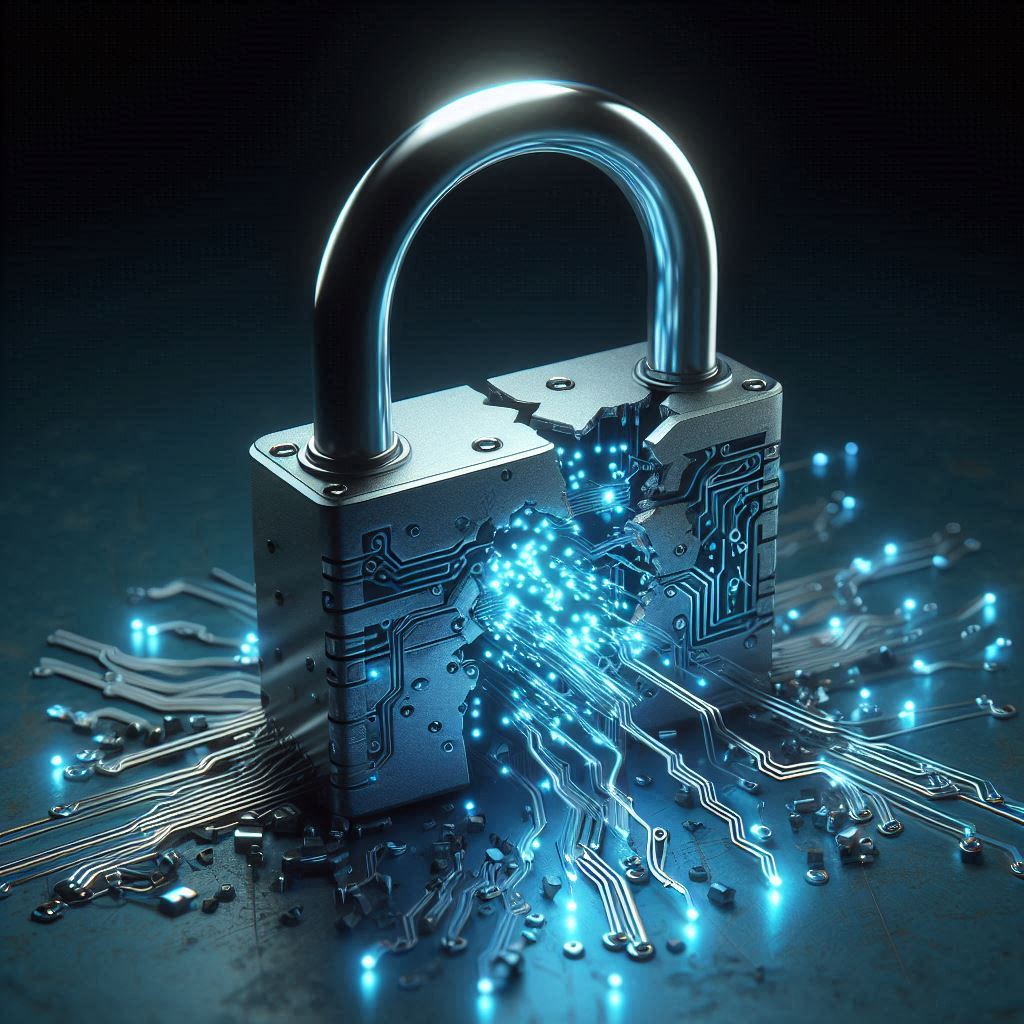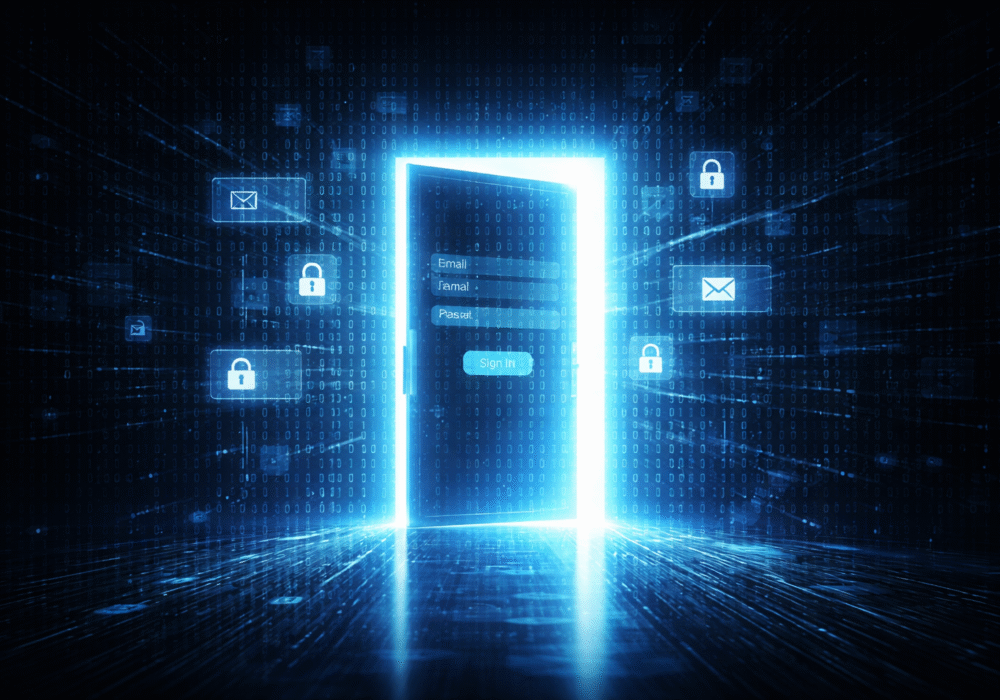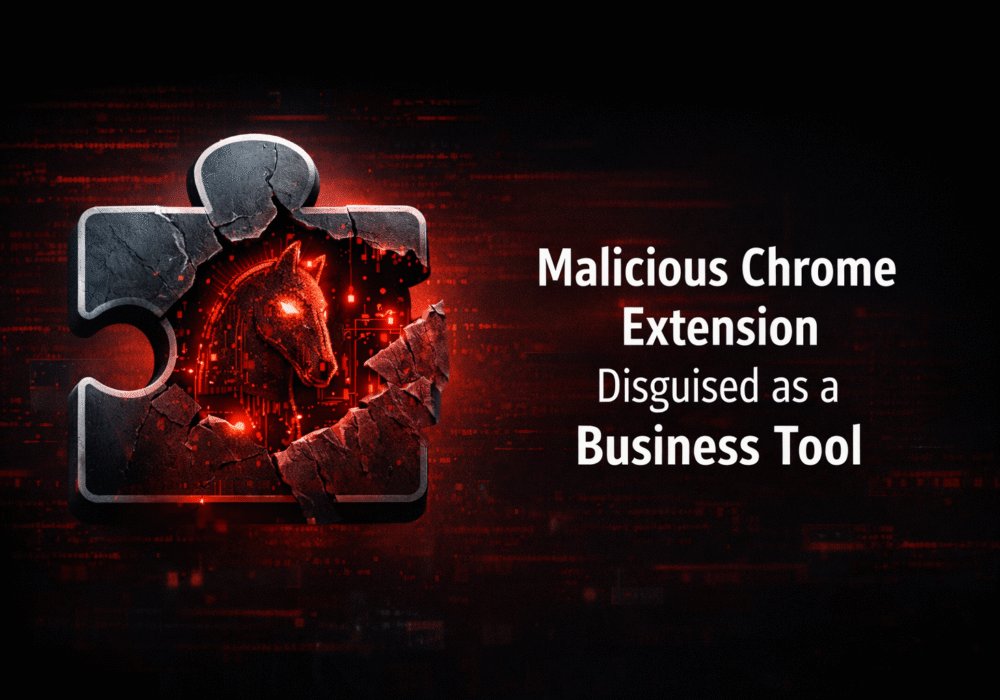
The cybersecurity landscape is becoming increasingly perilous, with ransomware costs surging by an alarming 500% from 2023 to 2024. As businesses scramble to mitigate these escalating threats, it’s clear that failures in Multi-Factor Authentication (MFA) are a significant contributor to this crisis. However, there is hope in emerging technologies like Passkeys, which offer a more secure alternative to traditional MFA methods.
Ransomware attacks have skyrocketed in both frequency and severity, with costs to businesses increasing by 500% over the past year. This dramatic rise is attributed to more sophisticated attack methods and higher ransom demands. The financial impact is devastating, with companies facing not only ransom payments but also costs related to system downtime, data recovery, and damage to reputation.
Despite the widespread adoption of MFA as a critical security measure, its failures are contributing to the surge in ransomware attacks. Here’s why:
The connection between MFA failures and rising ransomware costs is evident in numerous high-profile breaches. For instance, attackers have successfully used phishing to capture MFA codes, gaining access to corporate networks and deploying ransomware. The resulting financial and operational damages underscore the need for stronger authentication measures.
Passkeys represent a promising advancement in the fight against cyber threats. Unlike traditional MFA methods, Passkeys are immune to being stolen and used in replay attacks. They work by linking authentication to a specific device, using biometric data or device-specific PINs. This ensures that even if credentials are intercepted, they cannot be reused by attackers.
To combat the rising tide of ransomware and address MFA failures, organizations should consider the following strategies:
Technology alone cannot solve cybersecurity challenges. Cultivating a culture of security awareness within your organization is crucial. Encourage employees to embrace new security measures like Passkeys and understand their role in protecting company data.
The 500% increase in ransomware costs from 2023 to 2024 highlights the urgent need to address MFA failures and strengthen cybersecurity defenses. By adopting more secure authentication methods like Passkeys and fostering an alert security culture, businesses can better protect themselves against evolving cyber threats. In this rapidly changing digital landscape, staying informed and proactive is the best defense against cyberattacks.
Discover and share the latest cybersecurity trends, tips and best practices – alongside new threats to watch out for.

Ransomware groups are not breaking in organizations the same way they did five years ago. The entry methods have...
Read more
If a Chrome extension promises to remove security pop-ups and generate MFA codes, that should make you...
Read more
Cyberattacks usually start with phishing emails or weak passwords. This one did not. Security researchers...
Read moreGet sharper eyes on human risks, with the positive approach that beats traditional phish testing.
